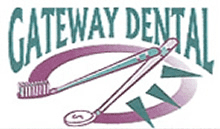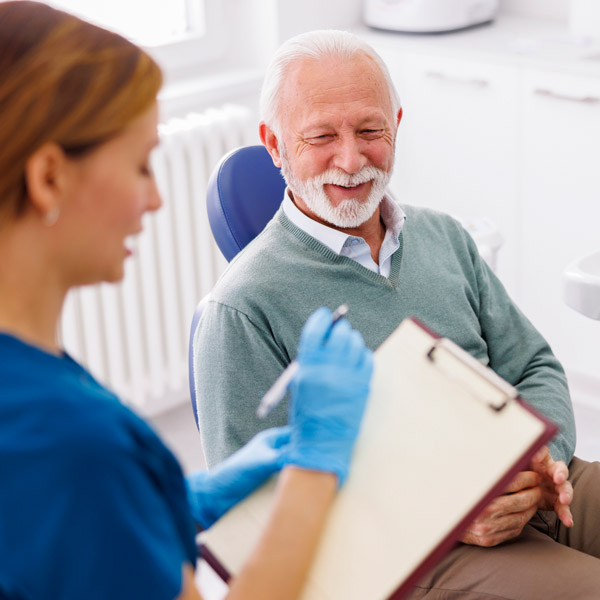Services
Outstanding Dental Care in Colleyville, TX
Receive the smile you want by choosing Gateway Dental. Our dental care in Colleyville, TX includes general, cosmetic, restorative, and emergency dentistry. It also includes bi-annual cleanings, exams, and preventative care. Using cutting-edge technology, customized solutions, and years of training and experience, we ensure that each patient’s oral health goals are achieved with the highest level of care. We will commit to your dental health and foster an excellent patient experience.
Comprehensive Oral Health Services and Solutions
Our dental services are all-encompassing, ranging from routine to complex procedures. Whether your loved one needs a bi-annual exam or an oral surgery, you can rely on us to deliver the services you need under a single roof. Get the best possible oral health service for you and your family by choosing from one or more of the following:
We Provide Quality Dental Services Affordably
Each patient deserves full access to exceptional dental and oral health care. That’s why we accept a wide range of insurance plans and offer flexible financing options. We will work with you to maximize your benefits and strive to get you as much coverage as possible. With a customized payment plan, you can comfortably cover your dental service costs within your budget and ability. Our team is here to put you at ease.
Enhance Your Smile With an Appointment Today
A beautiful, healthy, and functional smile awaits you. Please take the next step towards achieving it by scheduling your first appointment. We will meet with you to discuss your dental history, current oral health conditions, and goals. Using the most advanced diagnostic technology and X-rays, we will assess your oral cavity and look for signs or symptoms of a condition. Our discussion and testing will enable us to formulate an oral health plan that meets your needs.








